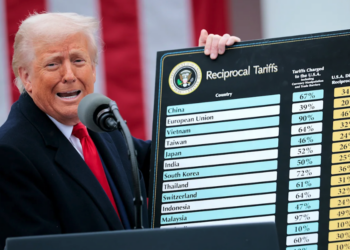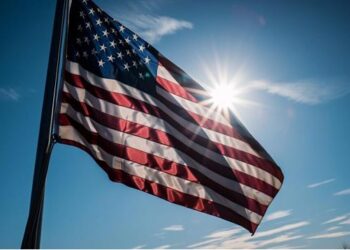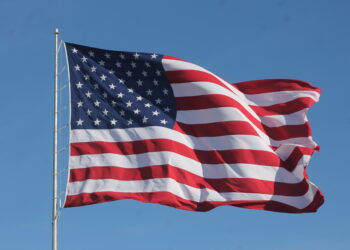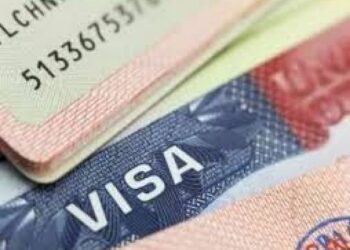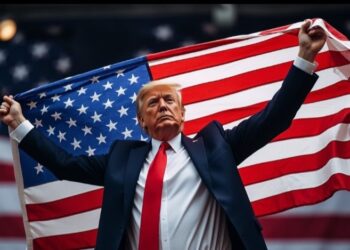The United States government has resolved to tighten travel rules rather than an outright ban on inbound flights.
This means that air travellers will now face tougher COVID-19 testing rules, as more countries have adopted the move to tighten their borders amid the uncertainty around the emergence of the Omicron variant and its ability to evade vaccine protection.
Amongst the countries that have moved to tighten borders are Japan and Hong Kong, both of which have resolved to expand travel curbs while Malaysia has temporarily banned travellers from countries deemed at risk.
The Omicron variant of the Coronavirus has been discovered in Japan, which reported its second case of the new variant on Wednesday, and had already barred all new foreign entrants.
The Australian government said at least two people visited several locations in Sydney while infectious, and Denmark said an infected person had taken part in a large concert.
Investors are still on edge and are engaging in cautious trading even as financial markets reacted in a bearish way a day earlier following remarks by the CEO of Moderna (MRNA.O) that raised questions about the efficacy of COVID-19 vaccines against the Omicron variant.
The World Health Organization (WHO) on its part has advised countries against placing travel bans as that would impact lives and businesses, considering how many countries slipped into recession and recorded negative growth.
The world health agency said, “blanket travel bans will not prevent the international spread, and they place a heavy burden on lives and livelihoods.” While advising those unwell, at risk or 60 years or over and unvaccinated to postpone travel.
First reported in Southern Africa a week ago, Omicron has highlighted the disparity between massive vaccination pushes in rich nations and sparse inoculation in the developing world.
It has spread to more than a dozen countries, with Nigeria among the latest to report cases of the variant.





